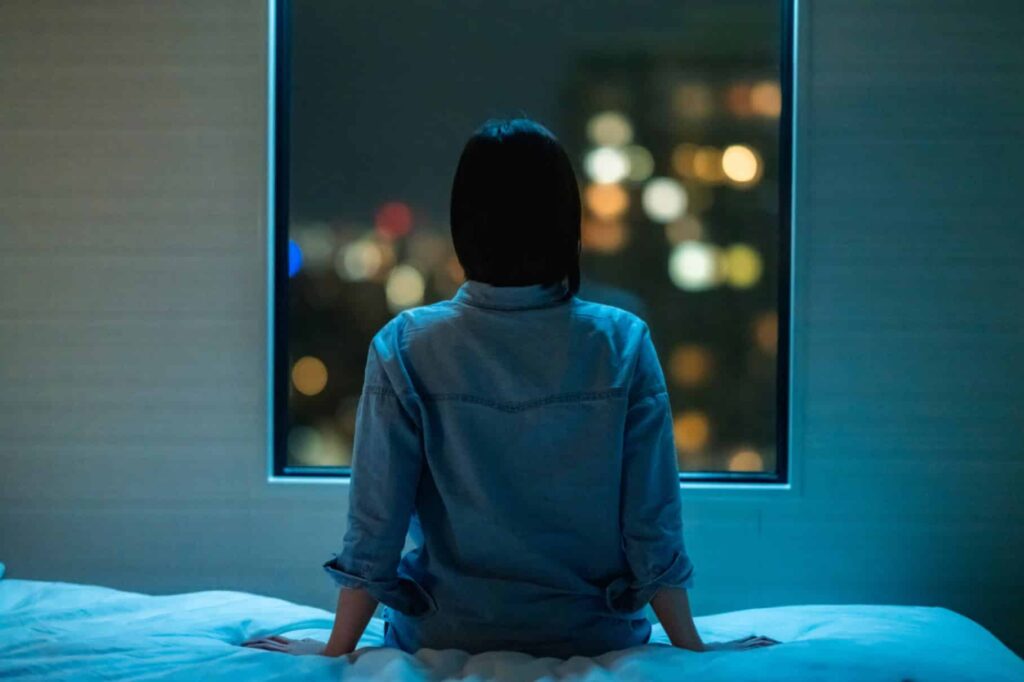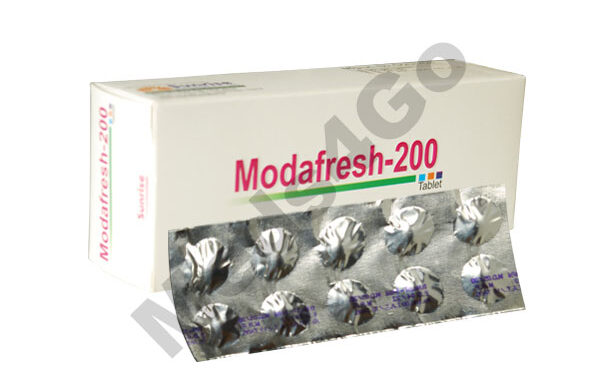Unveiling the Nighttime Struggle: Insomnia and Gastroesophageal Reflux Disease (GERD) Connection

Introduction:
In the quiet hours of the night, when the world seems to slumber, there exists a silent struggle that plagues many: the coexistence of insomnia and gastroesophageal reflux disease (GERD). While seemingly unrelated, these two conditions often intertwine, amplifying the challenges of those afflicted. Understanding the intricate connection between insomnia and GERD is not only crucial for effective management but also sheds light on the complex interplay between physical discomfort and disrupted sleep patterns.
The Overlapping Terrain of Insomnia and GERD:
Insomnia, characterized by difficulty falling asleep or staying asleep, affects millions worldwide, impacting both physical and mental well-being. On the other hand, GERD, a chronic condition where stomach acid flows back into the esophagus, causing discomfort and sometimes damage, presents its own set of challenges, particularly during the nighttime.
The relationship between these conditions is multifaceted. Studies have shown that individuals with GERD are more likely to experience sleep disturbances, with nighttime reflux symptoms disrupting the natural sleep cycle. Conversely, poor sleep quality can exacerbate GERD symptoms, creating a vicious cycle of discomfort and sleep deprivation.
Understanding the Mechanisms:
Several mechanisms underlie the connection between insomnia and GERD. Firstly, the position in which one sleeps can influence the severity of reflux symptoms. Lying flat may exacerbate reflux, leading to increased discomfort and potential awakenings during the night. Additionally, the stress associated with chronic sleep disturbances can trigger or worsen GERD symptoms, as stress is known to affect the functioning of the digestive system.
Moreover, certain lifestyle factors commonly associated with both conditions, such as dietary habits and obesity, further contribute to their co-occurrence. Consuming large meals or specific trigger foods close to bedtime can provoke GERD symptoms while simultaneously disrupting sleep patterns. Furthermore, obesity, a significant risk factor for GERD, is also linked to sleep apnea, another sleep disorder that can exacerbate reflux symptoms.
Clinical Implications and Management Strategies:
Addressing the intertwined nature of insomnia and GERD requires a comprehensive approach that targets both conditions simultaneously. Pharmacological interventions, such as proton pump inhibitors (PPIs) and H2-receptor antagonists, are commonly prescribed to manage GERD symptoms and reduce nocturnal acid reflux. However, while these medications may alleviate discomfort, they may not directly address sleep disturbances.
Non-pharmacological strategies play a crucial role in managing both insomnia and GERD. Lifestyle modifications, including dietary changes, weight management, and avoidance of late-night eating, are essential components of treatment. Elevating the head of the bed and adopting sleep hygiene practices, such as maintaining a consistent sleep schedule and creating a relaxing bedtime routine, can help mitigate reflux symptoms and improve sleep quality.
Cognitive-behavioral therapy for insomnia (CBT-I) has emerged as a promising intervention for individuals grappling with both conditions. By addressing maladaptive sleep behaviors and negative thought patterns, CBT-I aims to promote healthier sleep habits and alleviate insomnia symptoms. Additionally, mindfulness-based interventions have shown potential in reducing stress levels and managing GERD-related discomfort, offering a holistic approach to symptom management.
Conclusion:
Insomnia and GERD, seemingly disparate conditions, are intricately linked, sharing a bidirectional relationship that exacerbates the burden on those affected. Recognizing the interplay between sleep disturbances and reflux symptoms is paramount for effective management and improved quality of life. By adopting a multifaceted approach that targets both conditions simultaneously, healthcare providers can empower individuals to navigate the nighttime struggle with resilience and optimism, reclaiming restful sleep and alleviating the discomfort of GERD.

 Smile Brighter: Meet Canberra’s Top Dental Hygienists
Smile Brighter: Meet Canberra’s Top Dental Hygienists  Transform Your Comfort: Discover the Benefits of Cushions Lab Seat Cushions and Pillows
Transform Your Comfort: Discover the Benefits of Cushions Lab Seat Cushions and Pillows  Enhance Your Mental Clarity with Modafresh 200
Enhance Your Mental Clarity with Modafresh 200  List of Top 10 Neurologists in India 2024
List of Top 10 Neurologists in India 2024  Body Care Products Manufacturers: Providing Quality Products for Your Skincare Needs
Body Care Products Manufacturers: Providing Quality Products for Your Skincare Needs  The Journey to the Best Microblading in Dubai: A Client’s Perspective
The Journey to the Best Microblading in Dubai: A Client’s Perspective  Exploring London’s Best Butcher Shops
Exploring London’s Best Butcher Shops  Enhance Your Shop Appeal with Sydney’s Best Carpentry Services
Enhance Your Shop Appeal with Sydney’s Best Carpentry Services  A Detailed Look at the Features of the LEGO Technic Mars Crew Exploration Rover
A Detailed Look at the Features of the LEGO Technic Mars Crew Exploration Rover